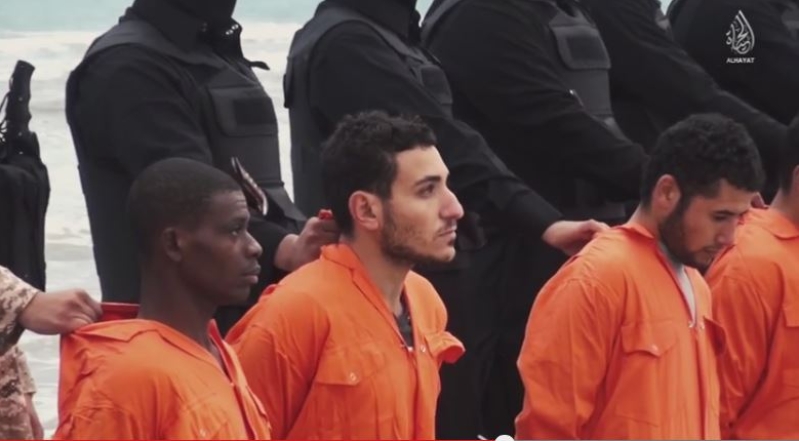
American Christian Jeremy Courtney, who lives in Iraq, argued that while he welcomed media coverage of Christians facing persecution in the Middle East, the situation is more complicated than the initial reports suggested.
In an editorial posted by The Week, Courtney, who has lived in Iraq for nearly 10 years, acknowledged that Christian persecution in the region "is a real problem that deserves real attention." However, he noted that in Iraq, there was a distinct difference between the terms "Christian" and "Assyrian," which have been used interchangeably in some media reports from the United States.
"When ISIS drove Christians out of Mosul in the summer of 2014, the West awoke to the plight of Christians in Iraq," Courtney wrote. "But cramming the diverse group of victims into a tidy box marked 'Christian' was not helpful."
Courtney explained that many of the "Christians" in Iraq ethnically identified themselves as "Assyrians," which took on tones of nationalism and other "religious identifiers like theology or tradition." He argued that those who wanted to help the Assyrians had to pay close attention.
"Good advocacy requires good listening, and what the Assyrians are asking for is more than the right to worship," Courtney wrote. "Assyrians want an internationally recognized, self-governed province like their Kurdish neighbors. This is guaranteed to them in the Iraqi constitution, and was approved by the Council of Ministers in Baghdad in 2014."
According to Courtney, the objectives of the American Mesopotamian Organization, which helps the Nineveh Plains Protection Unit, or NPU, were "to protect the remaining Assyrian lands" and "liberate the Assyrian homeland of the Nineveh Plain from the grasp of the radical Islamists." He contended that they were more than just Christians.
"They talk about the pain of historic and recent expropriations by Turks, Kurds, and Arabs, and the fear that their status as a unique indigenous people will be erased by further assimilation," Courtney wrote. "By glossing over the ethnic/nationalistic component of their struggle, American activists risk missing their aims and adding to their pain by wrongly framing the discussion as one of religious liberty alone."
Courtney added that "Christians (including Assyrian, Syriac, Chaldean, Anglicans, Protestants, and converts from Islam) still exist and worship in Dohuk, Erbil, Kirkuk, Sulaymaniyah, Baghdad, Nasiriyah, Basra, and beyond." He made a distinction between the terms "homeland," which could be lost if persecution of Assyrians continued, and "Christian faith and tradition."
"Herein lies the rub: We can't have it both ways," Courtney wrote. "We can't give money to upstart American 'charities' that send weapons and vigilantes to fight alongside the NPU and Dwekh Nawsha and pretend that the 'Christianity' we're seeking to save is anything other than a deeply complex and entrenched ethnic, political, legal, geographic, and religious battle for land and all the meaning that comes with it."
Courtney ended his opinion article by expressing support for the Assyrians' right to fight for their freedom within their "ancient lands."
"Assyrians have a constitutional and human right to live in peace inside the borders of their ancient lands," Courtney wrote. "But that fight should be waged in the name of Assyria, of Iraq, and of humanity. This land has seen enough religious wars."






